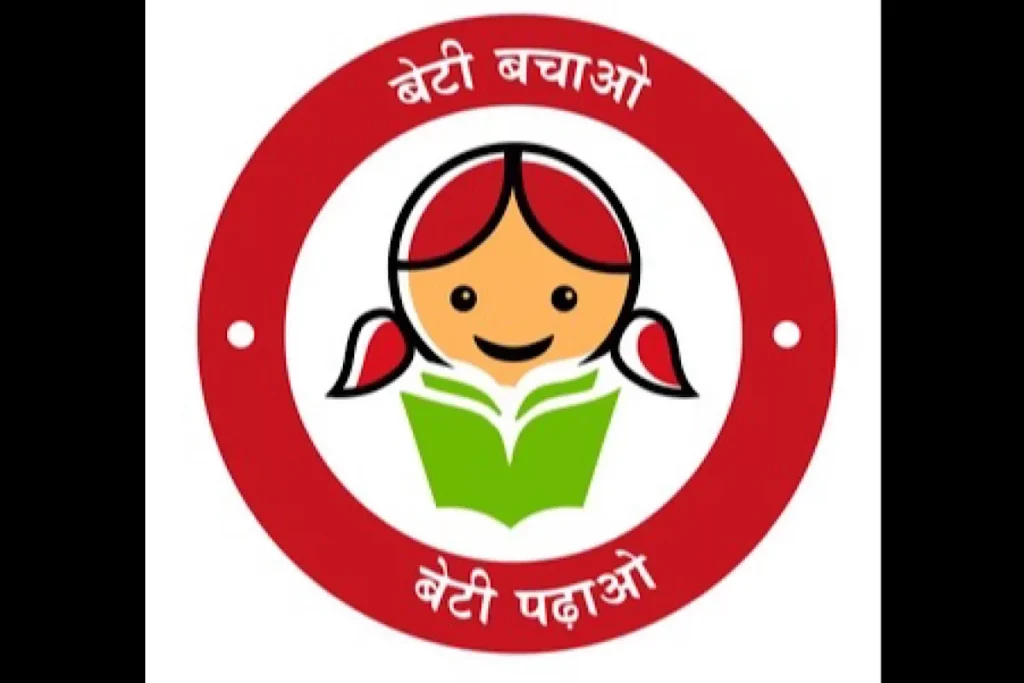The multi-faceted approach of the BBBP initiative has led to significant positive changes in Palamu district.
On January 22, 2025, the Union Ministry of Women and Child Development celebrated the 10th anniversary of the Beti Bachao Beti Padhao (BBBP) Scheme, which was launched in 2015 to protect, educate, and empower girls, as well as to address gender imbalance and declining child sex ratios in India. To achieve these objectives, various States, Union Territories, and Districts have implemented localized programs to meet the specific needs of their communities.
In Palamu district, Jharkhand, known for its cultural richness, the BBBP initiative has successfully tackled social challenges that have long affected girls and women, particularly in rural areas.
As part of the 100 Din Sankalp Abhiyan in Jharkhand under the BBBP scheme, Palamu’s Administration and Social Welfare Office launched a series of awareness programs to address critical issues such as gender inequality, women’s rights, and child protection.
Palamu has made notable progress in promoting gender equality and girls’ empowerment by focusing on weekly themes and conducting impactful programs through the “100 Din Beti Bachao, Beti Padhao” campaign. This initiative covered vital areas such as education, health, and safety, significantly improving the welfare and rights of girls.
During this special 100-day campaign, over 70 programs were held, with four programs involving 125 government officials, 22 field representatives, and the enrollment of 216 beneficiaries. Additionally, the BBBP Week, part of the 100-day campaign, and the Pre-Conception Prenatal Diagnostic Techniques (PCPNDT) Enforcement Drive organized three programs with 54 officials, eight local representatives, and 178 enrolled beneficiaries. These programs focused on gender equality and child protection and highlighted the success of the initiative.
The core objective of the BBBP initiative in Palamu was to protect girls’ rights, promote gender equality, and raise awareness about girls’ education. Mission Shakti Week achieved the highest enrollment, with 280 participants, reflecting the broad reach of the initiative. In total, 379 government officials and 104 local representatives engaged with 1,999 beneficiaries through thematic weeks on gender equality, skill development, legal awareness, and community mobilization. Volunteers also conducted door-to-door awareness campaigns, distributing materials on gender equality and child marriage prevention.
The campaign’s success in raising awareness on critical issues such as ending early marriage and violence against women and children through rallies, street plays, and group discussions demonstrates the community’s involvement and commitment. Schools also participated by organizing essay competitions, signature drives, and tree planting ceremonies, encouraging children to advocate for gender equality and environmental responsibility. The community’s dedication to girls’ education was further demonstrated through the distribution of Shishu Kits and Academic Excellence Awards.
The initiative included a range of activities such as inauguration ceremonies, awareness meetings with adolescents, oath-taking programs, rallies, and discussions on key issues like child marriage and gender-based violence. The active participation of 59,640 women in some of these programs reflects the widespread community support for the initiative.
Posters featuring key messages were created and displayed in 165 of the 265 selected panchayats in Palamu, as well as in 14 ICDS projects, with the support of Lok Sabha (LS), AWW, Jharkhand State Livelihood Promotion Society (JSLPS), gender community resource persons (CRPs), self-help groups (SHGs), and NGO representatives. Short video clips, campaign messages, and social media posts focused on child protection were shared through local channels. IEC materials were distributed to all AWC and JSLPS teams to enhance awareness efforts at the grassroots level. The initiative included a range of activities such as inaugural ceremonies, awareness sessions for adolescents, oath-taking events, rallies, and discussions on crucial issues like child marriage and gender-based violence. Community involvement was significant, especially from women, who played a vital role in events such as rallies.
Participants from various age groups, particularly those aged 7-18 and 18-55, engaged meaningfully in the initiative. Women represented the majority of participants, with 180,965 women, alongside 1,440 men and 82 individuals identified as disabled or transgender. The initiative’s impact was measured through photo documentation, video recordings, and attendance records. These campaign efforts have led to increased awareness in the community, which is expected to contribute to a long-term decrease in child marriage rates and stronger support for girls’ education.
The Central Government also acknowledged the success of these BBBP initiatives in Palamu.
Collaborative efforts between the Government, schools, and NGOs have expanded the reach and impact of gender equality initiatives. Early involvement of parents and teachers has fostered greater community participation and sustained engagement. The BBBP campaign has made notable strides in engaging the community and achieving significant milestones.
The comprehensive approach of the BBBP initiative has led to significant positive changes in Palamu district, including higher community involvement, improved educational outcomes, and better safety measures, offering solid evidence of the program’s success.
